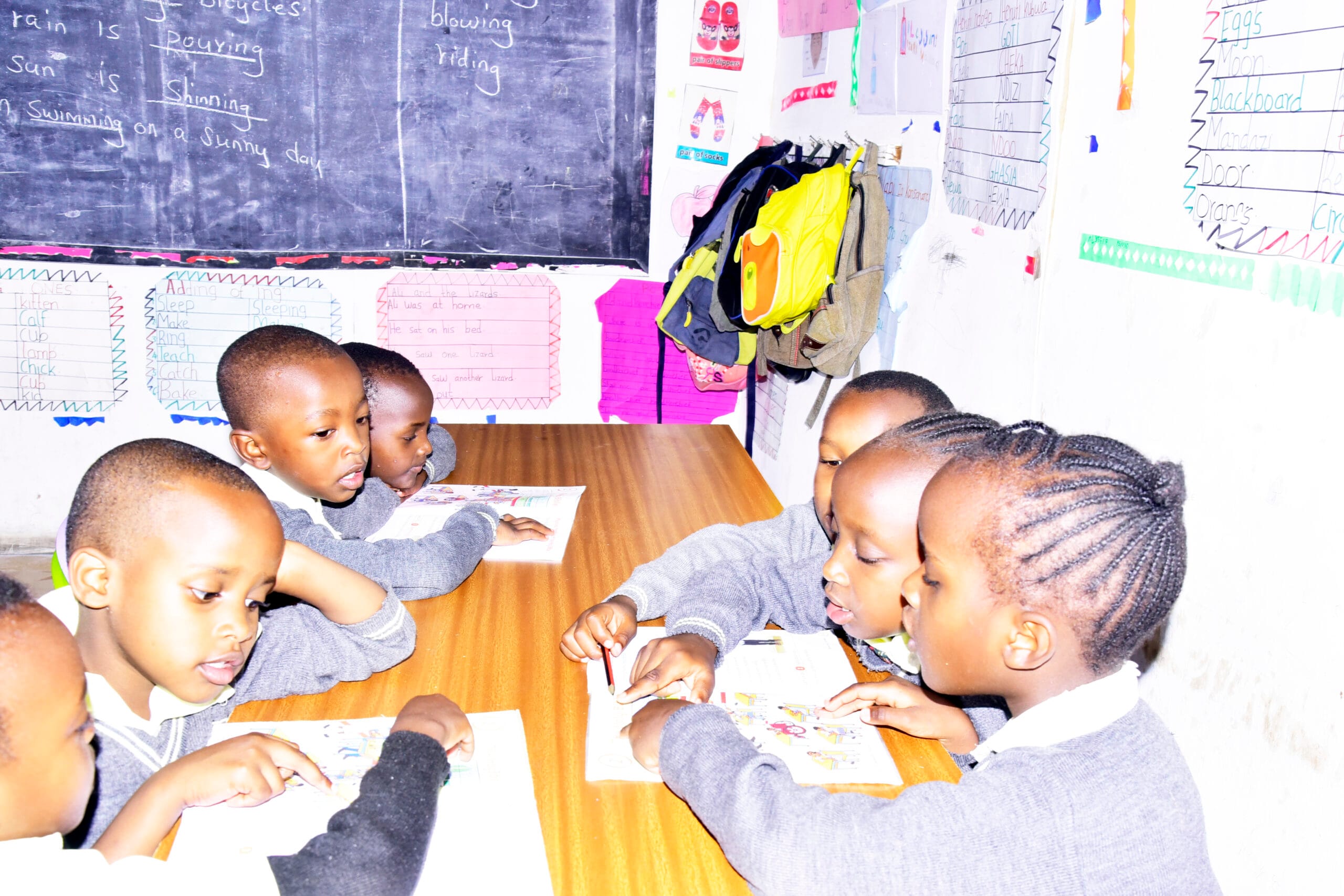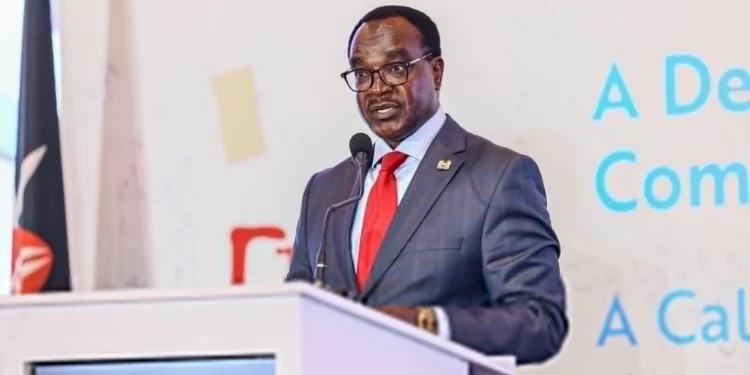Early Childhood Development and Education (ECDE) teachers are set to benefit from better packages which will be harmonized in line with the Teachers Service Commission (TSC) policy and parliamentary approval.
To achieve this, the Presidential Working Party on Education Reforms (PWPER) wants the Ministry of Education (MoE), Council of Governors (CoG) and TSC to develop an intergovernmental agreement for hiring and remuneration of the teachers.
“MoE, CoG and TSC should develop an intergovernmental agreement for hiring and remuneration of Pre-Primary teachers. This will ensure harmonization of pay for all teachers and that the TSC manages the payroll based on an allocation from Parliament. Counties will be tasked with the job of hiring the teachers,” reads the report in part.
This implies that the teachers will now be paid by TSC, a major shift from the current arrangement where it only registers the teachers.
MoE , TSC and CoG reviewing the existing policies and guidelines on pre-primary teacher deployment and institutional administration will ensure collaborative management of teacher registration and recruitment, deployment and transfer, promotion and standardized remuneration, as well as monitoring of their performance and welfare.
However, the Salaries and Remuneration Commission (SRC) will have to be consulted in the implementation of a collaborative framework on a harmonized remuneration.
Furthermore, the Early Childhood Education Act will now be repealed and its provisions transferred to the Basic Education Act in order to align with the legal definition of basic education as starting from pre-primary to Senior School.
According to the task force, the Early Childhood Education Act had caused duplication of roles in the management of public ECDE centres and primary schools.
Section 55 (1) (a) of the Basic Education Act provides for the establishment of a Board of Management (BoM) in education institutions by the national government, while Section 29 (1) of the Early Childhood Education Act requires the county government to establish a BoM for every ECDE centre.
Therefore, where these two institutions are domiciled in the same compound, there are two sets of BoMs reporting to two separate levels of government.
The Early Childhood Education Act also created the Office of the Head Teacher in ECDE centres, and since the centres are linked to a public primary school, it means there are two head teachers in one school.
Further, part VII of the Early Childhood Education Act makes provision for quality assurance, with Section 63 establishing the Early Childhood Assurance Committee.
However, education standards fall under the national government by dint of the Fourth Schedule of the Constitution.
Additionally, matters of curriculum development, training of pre-primary teachers and management of examinations are a function of quality assurance and standards under the national government.
The Act also does not provide for synergy between pre-primary, primary and junior schools on management and sharing of resources, which compromises education standards.
Capitation grant
Currently, there are 44,288 pre-primary education centres with 68,271 teachers and 2,732,735 enrolled learners. This implies a pupil-teacher ratio of 40:1.
The ECDE centres are currently being financed by out-of-pocket expenditures by the parents and contributions from the county governments.
At the same time, the counties lack a capitation framework for pre-primary education, which hinders access to early childhood development education.
Moving forward, the education taskforce has recommended that each pre-primary school pupil should receive a capitation grant from the government of Ksh1,170 per year, which will make ECDE education free.
The capitation will include: Ksh1,125 for tuition, Ksh374 for textbooks and teacher guidebooks, Ksh270 for exercise books and stationery, Ksh251 for curriculum support materials, Ksh130 for ICT materials, Ksh100 for school-based capacity development for teachers, and Ksh45 for operational expenses.
The proposals are informed by the fact that under the Competency-Based Curriculum (CBC), the school system is now one running from pre-primary to Senior School.
By Roy Hezron
Get more stories from our website: Education News
To write to us or offer feedback, you can reach us through: editor@educationnews.co.ke
You can also follow our social media pages on Twitter: Education News KE and Facebook: Education News Newspaper For timely updates.






